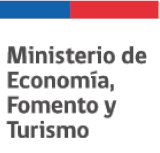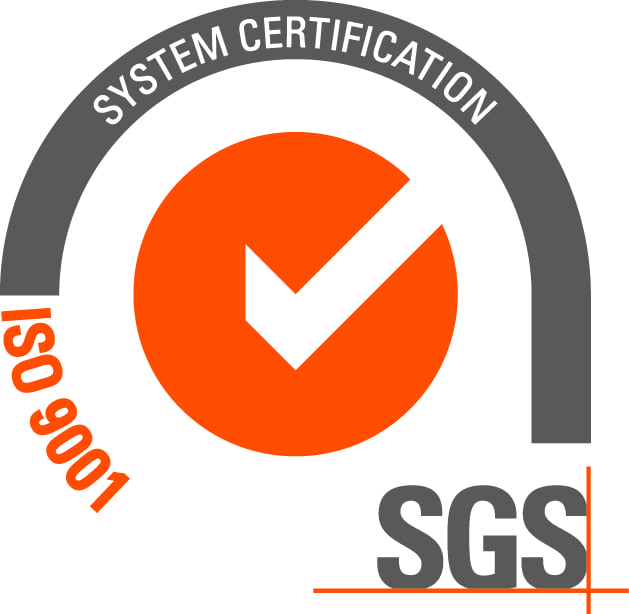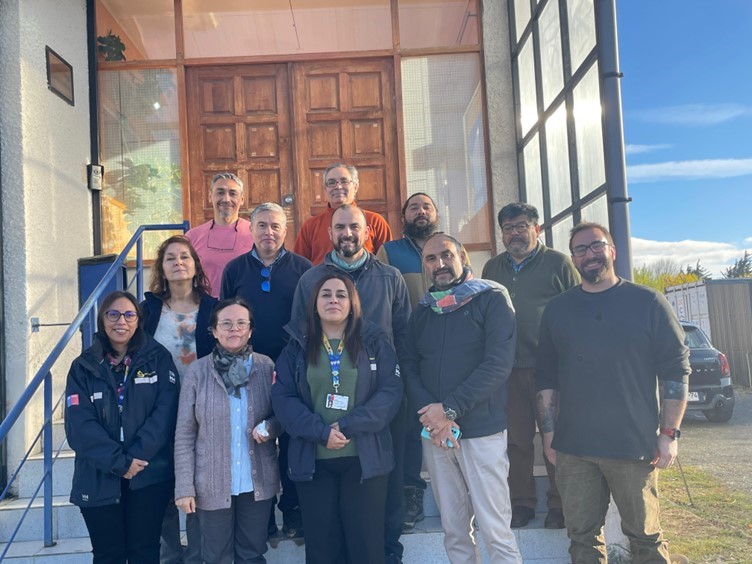
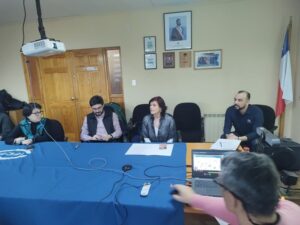 Punta Arenas, As part of the process of promoting the Science, Technology, Knowledge, and Innovation (CTCI) Roadmap, regional authorities and representatives from the economic, environmental, and scientific sectors met to advance a joint strategy to strengthen the conservation of marine and freshwater ecosystems in the Southern Macrozone.
Punta Arenas, As part of the process of promoting the Science, Technology, Knowledge, and Innovation (CTCI) Roadmap, regional authorities and representatives from the economic, environmental, and scientific sectors met to advance a joint strategy to strengthen the conservation of marine and freshwater ecosystems in the Southern Macrozone.
The Southern Science Node network promotes decentralization and equity in science and technology in the southern regions of Chile. One of its main instruments is the CTCI Roadmap, a collaborative planning process aimed at 2030. Among its strategic pillars, it focuses on aquatic ecosystems, whose objective is to generate key scientific information to support decision-making toward sustainable development in the region.
As part of this process, the workshop “CTCI Roadmap: Strengthening the Conservation of Aquatic Ecosystems in the Magallanes Region and the Chilean Antarctic” was held last Friday in Punta Arenas, organized by the Fisheries Development Institute (IFOP) and the Southern Science Node.
This day of intersectoral discussion and coordination included the participation of representatives from public services and regional authorities, including the Regional Secretary of Science, Technology, Knowledge, and Innovation, Verónica Vallejo; the Regional Secretary of Economy, Marlene España; the Regional Secretary of the Environment, Enrique Rebolledo; the regional director of CONAF, Mauricio Ruíz; the director of the Southern Science Node, Juan Carlos Aravena; as well as executives and professionals from Sernapesca, IFOP, and the Zonal Fisheries Directorate.
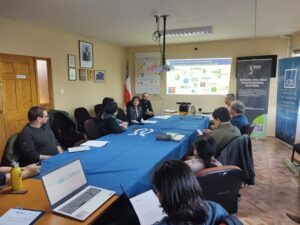 During the meeting, practical and participatory work was carried out to identify challenges, opportunities, and key initiatives in the conservation of aquatic ecosystems. In addition, progress was made in defining specific milestones and goals for the implementation of the CTCI Roadmap in the region.
During the meeting, practical and participatory work was carried out to identify challenges, opportunities, and key initiatives in the conservation of aquatic ecosystems. In addition, progress was made in defining specific milestones and goals for the implementation of the CTCI Roadmap in the region.
“The Roadmap is a methodology that allows for the coordination of various stakeholders and the collaborative identification of lines of action and initiatives. The objective is to connect the needs of scientific and technical research with the requirements of the economic, productive, development, and social welfare sectors, integrating public institutions and, in a next stage, end users,” said Eduardo Barros, the professional in charge of developing the Roadmap from the Austral Science Node and associated with the Cape Horn International Center (CHIC).
Along these lines, one of the prioritized topics in the Roadmap is aquatic ecosystems. “We are in a macro-zone that has more than half of its territory as maritime territory,” emphasized Verónica Vallejo, Regional Secretary of Science, Technology, Knowledge, and Innovation. “Therefore, the contribution of the various institutions currently conducting specific research in the areas of oceanography and marine biology, such as IFOP, which is also leading this particular session to advance the Roadmap update, is extremely relevant,” the regional authority added.
Representing the regional directorate of the Fisheries Development Institute (IFOP), Erik Daza emphasized that at this meeting, “public services expressed that there are various issues where the generation of scientific and technical knowledge can strengthen the decision-making process for the efficient management and sustainable use of aquatic ecosystems in Magallanes.” Daza emphasized that it is necessary “to have a research strategy linked to public services that allows for the conduct of studies on hydrobiological resources, invasive species, green hydrogen, marine pollution, ecosystem services, carrying capacity, among others.”
During the meeting, a relevant discussion took place regarding the next steps and how this process can contribute scientific evidence to the formulation of public policies and contribute to the regional development strategy.
Finally, regarding the scope of collaborative work in this area, Bernardo Pardo, the Zonal Director of Fisheries and Aquaculture for the region, from the Undersecretariat of Fisheries and Aquaculture, emphasized that “this Hub not only brings together ideas and concrete project proposals, but also consolidates itself as a strategic coordination body between institutions with an interest in and responsibility for the conservation of marine ecosystems. Today more than ever, we must advance in strengthening knowledge generation and the conservation of our aquatic ecosystems, with a long-term perspective and a regional approach that responds to the environmental and social challenges of Magallanes.”
Press related links:



